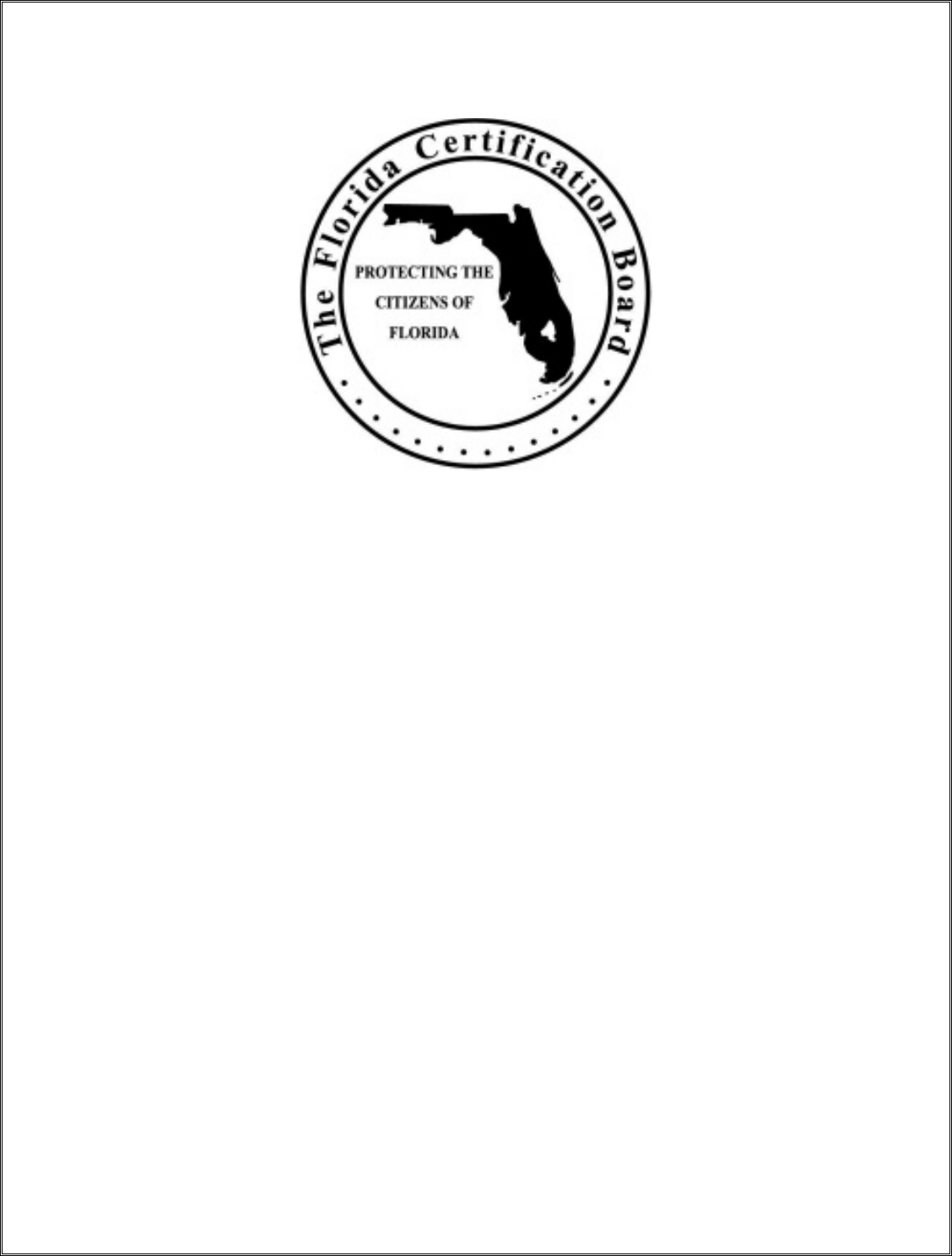
Child Welfare Certification
Policy, Standards, and Requirements
Effective Date: February 17, 2020

Child Welfare Certification Policy, Standards and Requirements
Effective Date: February 5, 2020 Page 2
Table of Contents:
1. Child Welfare Credentials. ......................................................................................................................................... 3
2. Child Welfare Advisory Council (CWAC). ................................................................................................................... 3
3. Governing Documents. .............................................................................................................................................. 4
4. Certification Eligibility. ............................................................................................................................................... 4
5. Provisional Certification. ............................................................................................................................................ 5
6. Upgrade to Full Certification. ..................................................................................................................................... 6
7. Provisional Certification Extension. ........................................................................................................................... 8
8. Dual Certification. ...................................................................................................................................................... 9
9. Child Welfare Trainer Certification. ......................................................................................................................... 10
10. Credential Verification. ............................................................................................................................................ 11
11. Renewal.................................................................................................................................................................... 11
12. Reinstatement. ......................................................................................................................................................... 12
13. Continuing Education. .............................................................................................................................................. 12
14. Certification Revocation and the FCB Code of Ethical and Professional Conduct and Disciplinary Procedures. .... 13

Child Welfare Certification Policy, Standards and Requirements
Effective Date: February 5, 2020 Page 3
1. Child Welfare Credentials.
a. The FCB issues the following child welfare credentials:
(1) Child Welfare Protective Investigator – Provisional (CWPI-P)
(2) Child Welfare Case Manager – Provisional (CWCM-P)
(3) Child Welfare Licensing Counselor – Provisional (CWLC-P)
(4) Child Welfare Protective Investigator (CWPI)
(5) Child Welfare Case Manager (CWCM)
(6) Child Welfare Licensing Counselor (CWLC)
(7) Child Welfare Trainer (CWT)
b. Legacy Credentials. A legacy credential is one of seven (7) credentials issued by the Florida Department of
Children and Families (hereafter, DCF or the Department) prior to 2011. Legacy credentials in certified
status meet the certification requirements established in s. 402.40, F.S. and 65C-33, F.A.C. The FCB
recognizes and will renew current legacy credentials, but inactive, expired, suspended, or revoked legacy
credentials are not valid and cannot be reinstated.
c. Recognized legacy credentials are:
(1) Child Welfare Protective Investigator Supervisor (CWPI-Sup)
(2) Child Welfare Protective Investigator Specialist (CWPI-Spec)
(3) Child Welfare Case Manager Supervisor (CWCM-Sup)
(4) Child Welfare Case Manager Specialist, CWCM-Spec)
(5) Child Welfare Licensing Counselor Supervisor (CWLC-Sup)
(6) Child Welfare Licensing Counselor Specialist (CWLC-Spec)
(7) Child Protection Professional (CPP)
(8) Child Welfare Trainer (CWT) credentials issued by DCF prior to 2011.
2. Child Welfare Advisory Council (CWAC).
The CWAC is an oversight body. Administered by the FCB, the CWAC provides recommendations and input on child
welfare certification issues. The CWAC includes representatives from each Department region, Sheriff’s Office
performing protective investigations, Community-Based Care lead agencies, and other stakeholders approved by the
CWAC. The CWAC meets a minimum of three (3) times per year with at least one face-to-face meeting. Please see
the FCB Child Welfare Advisory Council Bylaws for additional information.
a. Point of Contact. 65C-33.002(5), F.A.C., requires that each “employing agency shall ensure that all
certification requirements are met within specified time frames for those positions requiring certification.”
To this end, the FCB and the CWAC established a Point of Contact system to help employers assure

Child Welfare Certification Policy, Standards and Requirements
Effective Date: February 5, 2020 Page 4
compliance with certification requirements. Certification candidates must coordinate all certification
activities with their employer-identified Point of Contact, who is assigned to a specified FCB Certification
Specialist. Individuals seeking certification will only communicate with the FCB at the direction of their Point
of Contact. In most cases, the employer-identified Point of Contact and the FCB Certification Specialist will
communicate on behalf of the applicant to assure that the certification is awarded in a timely manner.
b. Proctors. 65C-33.004 (1), F.A.C., requires that each “training entity is responsible for proctoring the post-
test, and for ensuring that there is technical support available, in the event of an emergency related to the
administration of the test.” To this end, the FCB has established testing sites across the state of Florida at
recognized employer locations. Only trained and approved proctors may administer an FCB child welfare
certification exam. Employers and/or training entities identify proctors, who then complete the FCB online
proctor training. For additional information on establishing testing sites and/or training additional proctors,
please contact the FCB.
3. Governing Documents.
Unless otherwise specified herein, all applicants and certified professionals are subject to s. 402.40, F.S., Chapter
65C-33, F.A.C., and FCB policies and procedures, posted at www.flcertificationboard.org
.
4. Certification Eligibility.
a. Legislative Authority. Section 402.40, F.S. requires that “each person providing child welfare services in this
state earns and maintains a professional certification from a professional credentialing entity that is
approved by the Department of Children and Families.” The FCB is the professional credentialing entity
approved by the Department to certify child welfare service providers.
(1) Chapter 65C-33, Florida Administrative Code implements statute by defining the term “child welfare
professional, “ identifying the three designations for child welfare professionals that require
certification: Child Protective Investigator, Case Manager, and Licensing Counselor, and specifying
that individuals who hold primary case responsibility as defined in 65C-33.001(19), F.A.C., and their
supervisors are required to earn certification.
(2) Regardless of specific position title, eligible applicants must hold a full-time position in which their
primary responsibility is to perform child welfare services that directly involve assessing and
assuring child safety, permanency, and well-being. An employer may not create a caseload for an
applicant in order to meet certification eligibility requirements.
(3) Individuals are not eligible to apply for certification if they are ONLY assigned as a secondary worker
as defined in 65C-33.001(22), F.A.C., or in a similar position, or if they are required to have all work
reviewed and approved by the primary worker on a case, the supervisor of the primary worker on a
case, or other certified child welfare professional.
b. At the time of application for provisional certification, provisional extension, upgrade to full certification,
dual certification, or reinstatement, applicants must be employed by an FCB-recognized child welfare
employer in a position with primary case responsibility or direct supervision of individuals with primary case
responsibility. Individuals who hold child welfare certification are not required to be employed by an FCB-
recognized child welfare employer in order to maintain and/or renew their credentials.
c. Bachelor of Social Work and/or Master of Social Work interns are permitted to seek provisional certification
after completing all required academic coursework, specified DCF pre-service training modules, and agency-
specific training requirements, meeting FCB administrative and certification program eligibility
requirements, and passing a written exam. The FCB may issue a provisional credential prior to degree
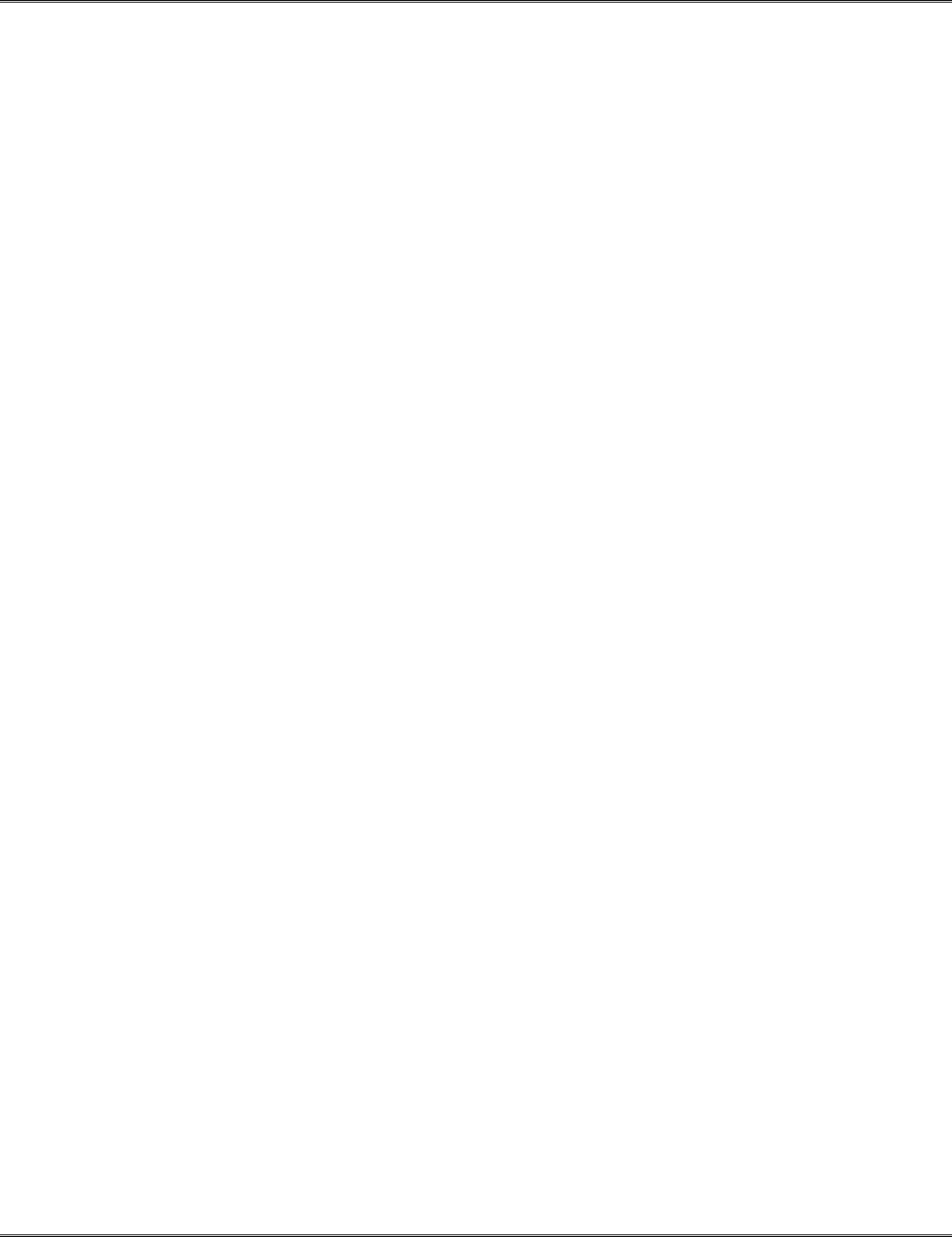
Child Welfare Certification Policy, Standards and Requirements
Effective Date: February 5, 2020 Page 5
award, however, the upgrade to full certification will not be issued until the degree requirement and all
other certification upgrade requirements. Provisionally certified interns are subject to the same restrictions
and requirements as employees.
5. Provisional Certification.
65C-33.001(20), F.A.C., defines provisional certification as “the certification of a Child Welfare Professional that is
awarded after completion of pre-service training and the post-test, or the waiver test, prior to achieving full
certification.” Although there is no timeframe for earning provisional certification, per 65C-33.003(5)(a), F.A.C.,
“under no circumstances should a trainee carry a caseload, be assigned responsibility for any cases, conduct
unaccompanied or unsupervised home visits, perform unsupervised home studies or interviews of children or
adults, be ultimately responsible for any assessment of risk, or otherwise have primary responsibility for any
investigation, child, family, or case until he or she successfully completes the pre-service training and passes the
post-test [earns provisional certification]."
a. Point of Contact. Applicants work with their employer-identified Point of Contact to initiate and manage the
Provisional Certification application process. Applicants should not contact the FCB unless directed by their
employer/Point of Contact.
b. Fees and Timelines. There is a $100 provisional certification application fee and a $100 certification exam
fee. Fees must be paid a minimum of ten (10) business days before the requested test date.
c. Online Application. The FCB online certification system and database generate and administer all
certification activities. All individuals seeking certification must use the online system (unless approved ADA
accommodations exist).
(1) Account. Each applicant's account contains his or her personal contact information, current
employer information, acknowledgement of professional and criminal history, and agreement to
follow the FCB Code of Ethical and Professional Responsibilities and Disciplinary Procedures. The
applicant/certified professional is responsible for ensuring that the FCB has his or her current
contact information. The applicant's failure to maintain current contact information is not a valid
justification for his or her non-compliance with credential or certification requirements.
(2) Application. The applicant must access the online application through his or her online account and
then complete the online application a minimum of ten (10) business days before the requested test
date.
d. Formal Education. All applicants, with the exception of eligible intern applicants, must hold a minimum of a
bachelor’s degree from an accredited university or college as a condition of certification. Rather than
submit an official transcript to the FCB, the applicant’s Point of Contact must submit the FCB Formal
Education/Degree Verification Form a minimum of ten (10) business days before the requested test date.
For interns, the Education/Degree Verification Form will identify the intern’s anticipated date of degree
award.
e. Criminal History. All applicants and certified professionals must pass a Level 2 background check as a
condition of certification. Rather than complete an additional background check, the applicant’s Point of
Contact must submit the FCB Level 2 Background Verification Form a minimum of ten (10) business days
before the requested test date.
f. Training Requirements. 65C-33.003(a)-(b), F.A.C., requires that each employing agency must “ensure that
each trainee attends and completes all of the pre-service classroom, online and field instruction required for
his or her position classification [the Department’s Child Welfare Pre-service Training Curriculum] prior to
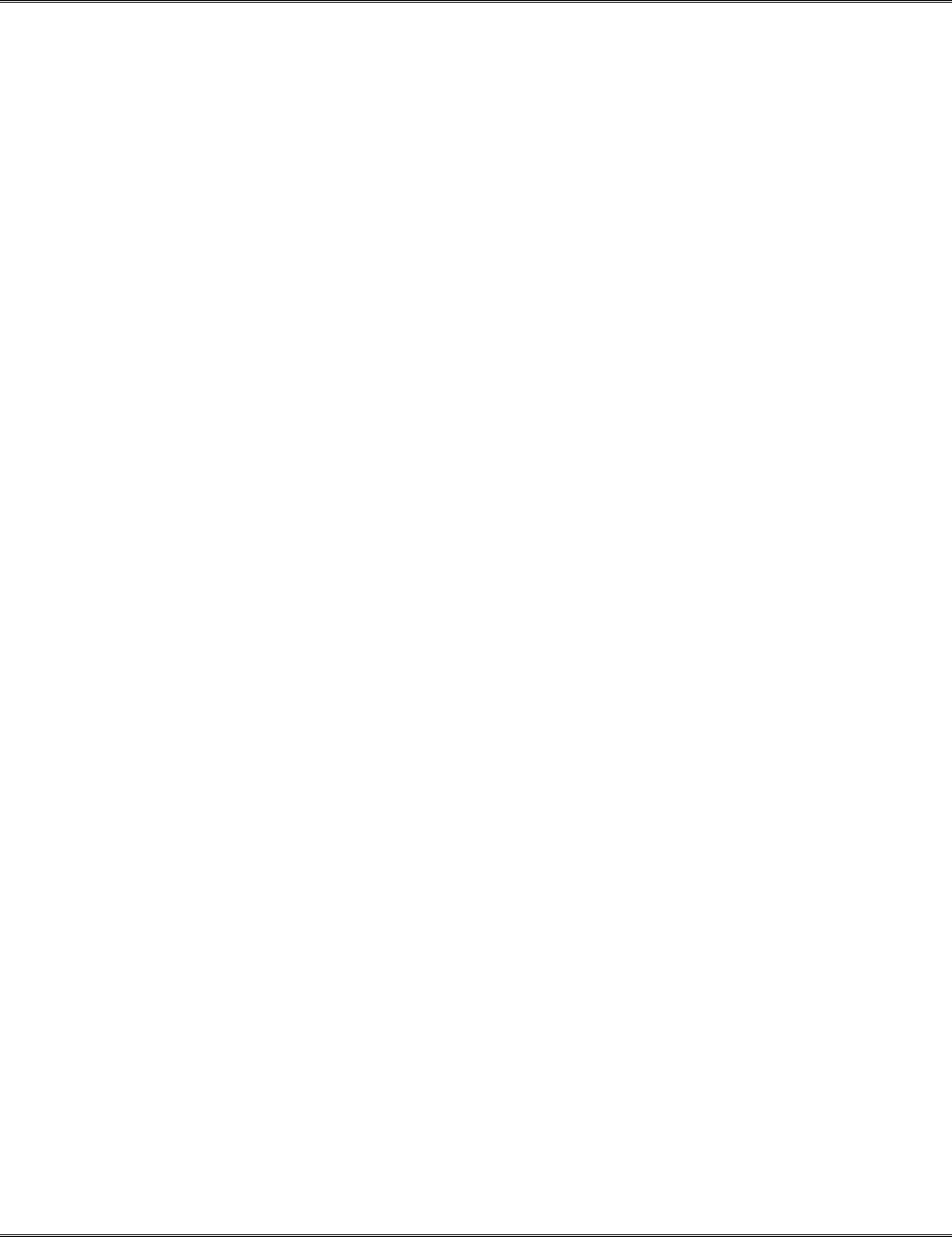
Child Welfare Certification Policy, Standards and Requirements
Effective Date: February 5, 2020 Page 6
taking the post-test [FCB certification exam] " The Point of Contact must submit the FCB Preservice Training
Verification Form within no more than five (5) business days after the certification exam administration
date.
g. Testing Requirements. 65C-33.004(6), F.A.C., requires that “all trainees must achieve the minimum
established passing score or higher on the post-test [FCB certification exam] in order to earn Provisional
Certification.” Each test candidate must complete, and the Point of Contact must submit, the FCB Exam
Confidentiality Agreement Form a minimum of ten (10) business days before the requested test date.
h. Retesting Requirements. 65C-33.004(7), F.A.C., requires that retests be administered “no later than 15
business days” from the date the applicant failed the certification exam. 65C-33 does not limit the number
of test attempts and an applicant may retest as many times as their employer allows. The applicant must
wait a minimum three (3) business days between test attempts and complete all retest registration
activities, including fee payment, a minimum of three (3) business days before the requested test date.
i. Provisional Certification Award.
(1) Per 65C-33.005, F.A.C., any applicant who has “either successfully completed the waiver test and
entered into a waiver plan, or successfully completed the pre-service training and passed the post-
test, is considered to be a Provisionally Certified Child Welfare Professional, and, as such, may
perform all tasks required by the position held while completing his or her certification process.”
(2) The FCB issues the provisional credential after approval of the full application, which must include:
an FCB online account, online application, Level 2 Background Verification Form, Formal
Education/Degree Verification Form, Exam Confidentiality Agreement Form, Preservice Training
Verification Form, and all fee payments. For interns, the Education/Degree Verification Form will
identify the intern’s anticipated date of degree award.
(3) The provisional credential may be verified through the FCB online verification system or the
individual’s FCB online account. A certificate is not issued until the full credential is awarded
through the Upgrade to Full Certification process. Provisionally certified professionals can print a
“wallet card" from their online account to demonstrate compliance with certification requirements.
(4) The provisional certification start date begins the day a passing score was earned on the certification
exam and expires 12 months later. During this 12-month period, provisionally certified individuals
must complete the on-the-job field experiences necessary for gaining minimum competency in the
performance of child welfare services.
6. Upgrade to Full Certification.
Pursuant to 65C-33.006(2), F.A.C., “a provisionally certified individual has one (1) year from provisional certification
to attain full certification.” During the provisional period, child welfare professionals must gain the on-the-job
experiences necessary to apply and demonstrate child welfare competencies.
a. Point of Contact. Applicants must work with their employer-identified Point of Contact to initiate and
manage the Upgrade to Full Certification application process. Applicants should not contact the FCB unless
directed by their employer/Point of Contact.
b. Fees and Timelines. There is a $100 Upgrade application fee. The fee must be paid within 30 days of the
date that the provisional certification expired.
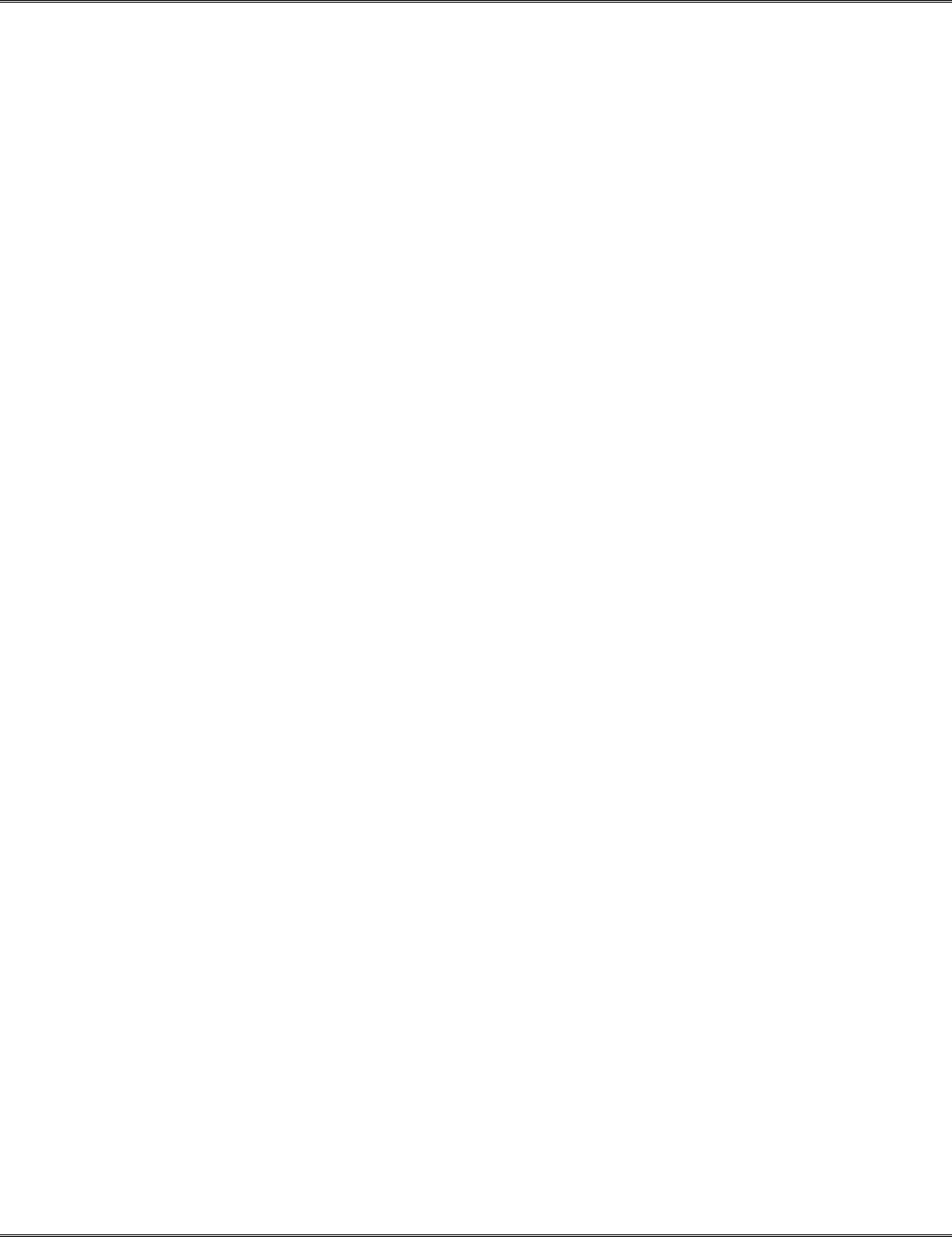
Child Welfare Certification Policy, Standards and Requirements
Effective Date: February 5, 2020 Page 7
c. Online Application. Applicants may access the Upgrade application through their FCB online account. ONLY
individuals with a valid provisional credential are able to access the Upgrade application. If the provisional
credential has expired, the individual is not eligible for an upgrade and should contact the FCB for the next
steps.
d. On-the-Job Supervision and Competency Verification. Provisionally-certified child welfare professionals
need intensive supervision and feedback during their first year on the job to assure minimum competency.
During this 12-month period, the following must take place:
(1) The provisionally certified individual must be observed six (6) times in the field by a qualified
supervisor and participate in follow-up case consultation with a qualified supervisor to ensure
demonstration of competency in the field and alignment of field work, documentation and decision
making. A maximum of two (2) of the six (6) visits/observations may take place in professional-,
office-, or agency-based settings; the remaining visits/observations must take place in the field and
involve interactions with children, families, caregivers, or similar case participants. At a minimum,
each visit/observation and follow-up consultation should last one-and-a-half (1.5) to two (2) hours.
(2) The provisionally certified individual must have twenty (20) hours of individual supervision. Eligible
individual supervision refers to one-on-one contact between a qualified supervisor and a
provisionally certified individual, during which the individual apprises the supervisor of the status of
a case and discusses it with the supervisor. The supervisor must provide the individual with
oversight and guidance in working the case, and evaluate the individual’s performance, pursuant to
65C-33.001(14), F.A.C. Eligible supervision must occur in a minimum of 15-minute increments.
(3) The provisionally certified individual must participate in ten (10) hours of group supervision. Eligible
group supervision refers to supervision provided to two (2) or more individuals. General training, in-
service, or other educational events are not eligible to meet group supervision requirements,
however, group events that focus on building skills using work products is eligible.
(4) The provisionally certified individual must participate in ten (10) hours of any combination of
additional group or individual supervision.
(5) In addition to completing the on-the-job supervision activities described above, the supervisor must
determine if he or she has any concerns about the competency of the provisionally certified
individual after the period of supervision. When a supervisor has competency concerns, the
documented field visit will be considered a learning experience and will not be eligible to count
toward the six (6) required observations. .
e. For certification purposes, a qualified supervisor is the applicant’s immediate supervisor or any other agency
supervisor, trainer, mentor, quality assurance staff or other agency management/leadership staff assigned
by the employer to provide supervision to employees seeking certification. Supervision provided by a
relative, any person sharing the same household, or any person in a romantic, domestic, or familial
relationship with the applicant is not acceptable toward fulfillment of certification requirements
f. All supervision must be documented on the FCB's On-the-Job Supervision and Competency Verification Form.
A single supervisor can document multiple experiences on one form, however, each unique supervisor must
complete a separate form. The Point of Contact must collect all On-the-Job Supervision and Competency
Verification Forms from qualified supervisors, assure that the minimum number of visits/observations and
individual/group supervision hours have been met and documented correctly, and submit the forms to the
FCB within 30 days of the provisional certification expiration date.
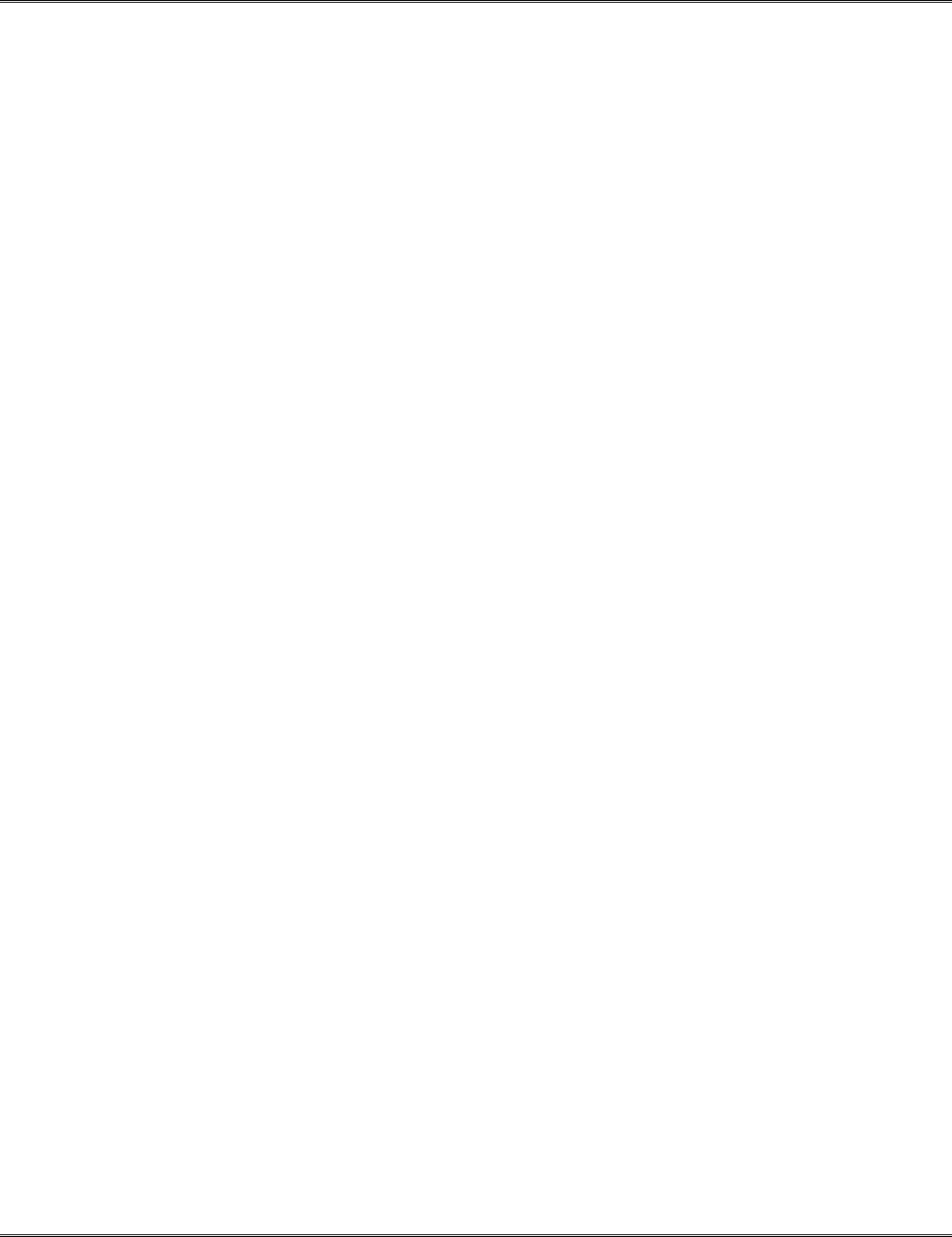
Child Welfare Certification Policy, Standards and Requirements
Effective Date: February 5, 2020 Page 8
g. Discipline-Specific Experience. Provisionally certified individuals must complete a minimum of 1,040 hours
of consecutive, full-time discipline-specific work. During this time, the individual must have had primary
case responsibility or have been a direct supervisor of individuals with primary case responsibility. Work
experience earned prior to the award of the provisional credential is not eligible for Upgrade application
purposes. The Point of Contact must submit the Related Work Experience Verification Form to the FCB
within 30 days of the provisional certification expiration date.
h. Formal Education (Interns only). Any individual who earned the provisional credential as an intern must
demonstrate compliance with the Formal Education requirement that is traditionally verified during the
provisional certification application process. The Point of Contact will submit an updated Education/Degree
Verification Form in order to verify the degree award.
i. Certification Award. The full CWPI, CWCM, or CWLC credential is issued when the FCB receives and
approves all On-the-Job Supervision and Competency Verification documentation and Discipline-Specific
Experience documentation. Any individual who earned provisional certification as an intern must also meet
Formal Degree requirements.
j. Certification Expiration and Renewal. The first time a child welfare credential is issued it is valid for slightly
more or less than a 12-month period.
(1) Credentials that are issued through the Upgrade application process during the months of
November through July will renew for the first time on the upcoming October 31
st
and then every
two years thereafter.
(2) Credentials issued through the Upgrade application process during August, September, or October
will renew for the first time the following October 31
st
and then every two years thereafter.
7. Provisional Certification Extension.
a. Provisional certification extensions may be granted to individuals who were not able to earn full certification
within required timeframes for any of the following reasons:
(1) Extended absence from work for maternity/paternity leave, Family and Medical Leave Act (FMLA),
or other extended illness. The extension will be equal to the amount of time the employee was on
approved leave.
(2) Part-time staff. The extension will be granted for a maximum of six (6) months.
(3) Discipline transfer mid-certification. The extension will be granted for six (6) months.
(4) Other circumstances. The applicant must submit a written Extension Request Memo packet for
review and action by the Child Welfare Advisory Board (CWAB). The length of the extension will
vary based on circumstances, not to exceed 6 months.
b. Individuals must include in their application official supporting documents that verify the circumstances
surrounding the need for a provisional certification extension.
c. The FCB cannot extend an expired provisional certification credential.
d. Point of Contact. Applicants must work with their employer-identified Point of Contact to initiate and
manage the Provisional Certification Extension application process. Applicants should not contact the FCB
unless directed by their employer/Point of Contact.
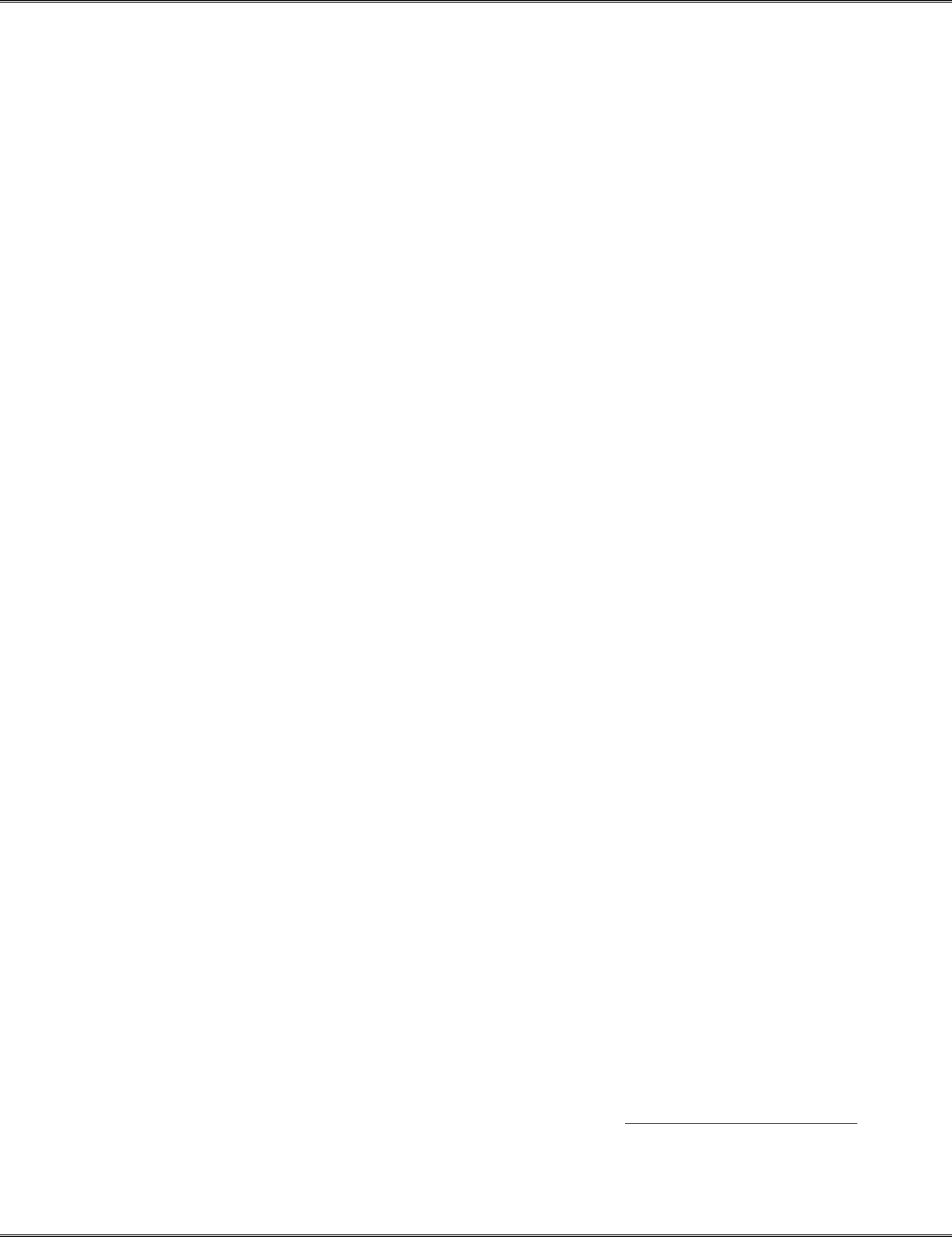
Child Welfare Certification Policy, Standards and Requirements
Effective Date: February 5, 2020 Page 9
e. Fees and Timelines. There is a $75 fee. The Provisional Certification Extension Application, fee, and
supporting documents must be received by the FCB offices a minimum of 30 calendar days before the
provisional credential expiration date. Applications will be reviewed for action within ten (10) working days
of receipt.
f. Application.
(1) The Provisional Certification Extension Application is not electronic. An editable PDF application
must be completed and submitted to the FCB via email, fax, or mail. This document is not posted on
the FCB website. The Point of Contact will request the application document and instructions from
the FCB.
(2) The FCB will only approve one request for a provisional certification extension per individual. Any
additional provisional certification extension requests must be approved by the Child Welfare
Advisory Council at its next regularly scheduled meeting.
g. Provisional Certification Extension Award Process.
(1) If the extension is denied, the individual is no longer certified and must re-apply for provisional
certification and complete all the required on-the-job supervision and competency verification,
including discipline specific experience, before the new provisional credential expires.
(2) If the extension is approved, the start date will be the date that the original provisional credential
expired and the end date will be equal to the length of time approved for the extension. All upgrade
requirements must be met a minimum of 30 calendar days before the new provisional credential
expiration date.
8. Dual Certification.
Dual certification refers to the pathway by which eligible and qualified individuals may apply for child welfare
certification under an abbreviated application and competency demonstration process.
a. Point of Contact. Applicants must work with their employer-identified Point of Contact to initiate and
manage the Dual Certification application process. Applicants should not contact the FCB unless directed by
their employer/Point of Contact.
b. Fees and Timelines. There is a $65 Dual Certification Application fee. The application will not be assigned
for processing until the fee is paid. The credential must be earned/ awarded within 12 months of
application.
c. Eligibility. Applicants must hold at least one of the following master credentials in good standing: a legacy
credential or a full CWPI, CWCM, or CWLC credential. Individuals holding provisional certification are not
eligible for certification via the Dual Certification application pathway.
d. Application. The Provisional Extension Application is not electronic, all materials are in an editable PDF
format. The Point of Contact will download the Dual Certification Application, Dual Certification Training
Verification Form, Dual Certification On-the-Job Supervision and Competency Verification Form, and the Dual
Certification Work Verification Form, all posted at the FCB website, www.flcertificationboard.org
.
e. Training. The training requirement varies depending on the credential held and the credential sought. Each
required curriculum is part of the Department’s Child Welfare Pre-service Training Curriculum, accordingly:
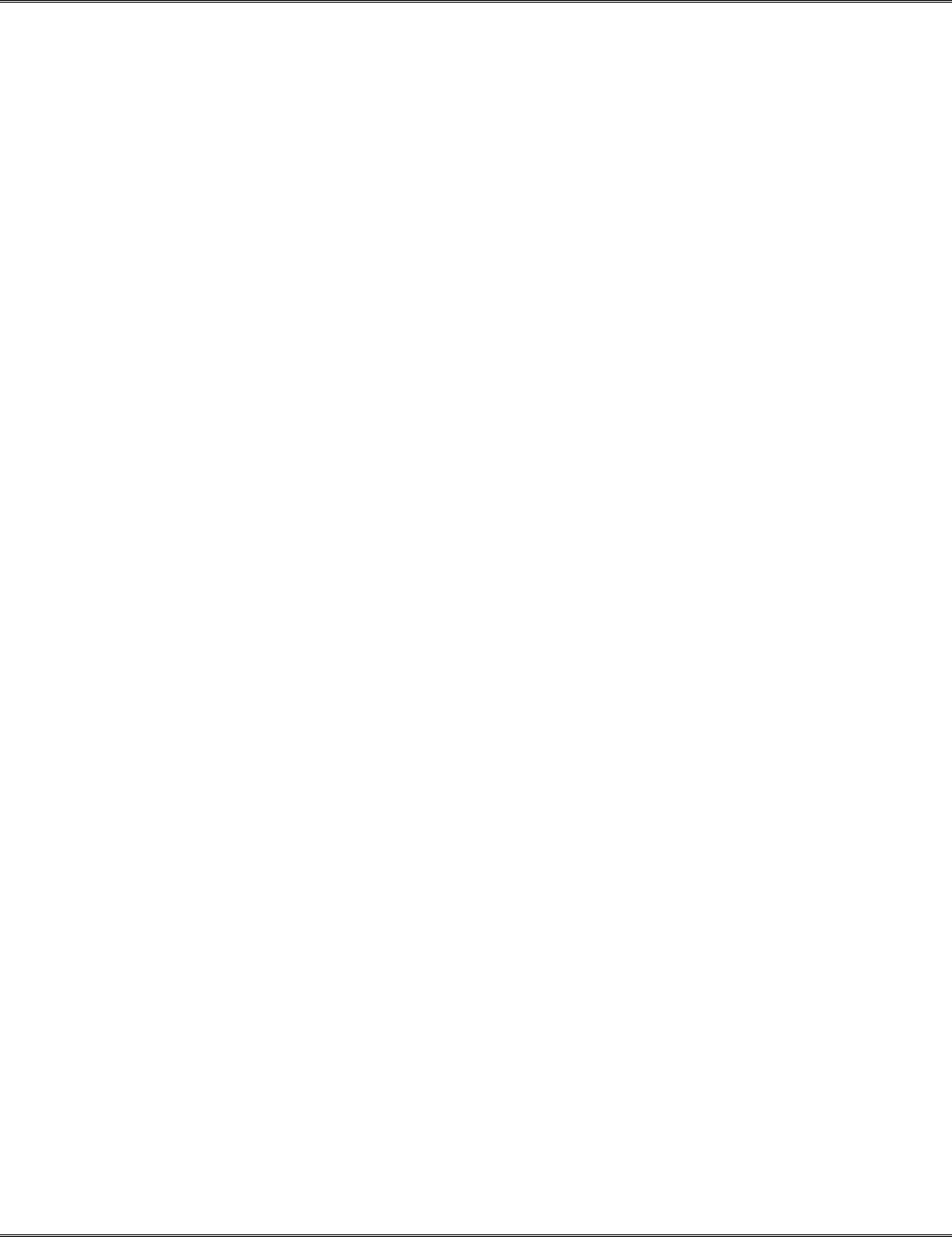
Child Welfare Certification Policy, Standards and Requirements
Effective Date: February 5, 2020 Page 10
(1) All applicants, regardless of child welfare discipline, must complete the CORE training curriculum.
(2) Applicants seeking the CWPI credential must complete the PI Specialty Track.
(3) Applicants seeking the CWCM credential must complete the CM Specialty Track.
(4) Applicants seeking the CWLC credential must complete the LC Specialty Track.
f. On-the-Job Supervision and Competency Verification. Dual certification applicants must complete the
following On-the-Job Supervision and Competency Verification Requirements, subject to the same
requirements detailed in the Upgrade to Full Certification section, herein:
(1) Three (3) field visits with follow-up case consultation.
(2) Ten (10) hours of individual supervision.
(3) Five (5) hours of group supervision.
(4) Five (5) hours of any combination of additional group or individual supervision.
g. Discipline-Specific Experience. Dual certification applicants must complete a minimum of 520 hours of
consecutive, full-time discipline-specific work. Each applicant also must be assigned primary case
responsibility or be a direct supervisor of individuals with primary case responsibility.
h. Award. The dual certification credential will be issued within ten (10) business days of the date the last
application requirement was approved by the FCB.
i. Renewal. The dual certification credential’s first expiration date will be the same as the master credential
that allowed for application under the Dual Certification process. After the first renewal, the credential will
be issued for a two-year period, expiring on October 31
st
of the renewal year.
9. Child Welfare Trainer Certification.
65C-33.016, F.A.C., requires that all Pre-Service Child Welfare Trainers submit an application to the Department’s
Trainer Coaching and Competency Program within three (3) months of the program’s inception (November 2018) or
3 months of hire into the position of Pre-Service Child Welfare Trainer. The Department has contracted with the
University of South Florida to provide and manage the Trainer Coaching and Competency Program (TCCP) in
accordance with 65C-33.0016, F.A.C. Individuals who attain Level 3 of the TCCP may apply for certification as a
Certified Child Welfare Trainer with the FCB.
a. Point of Contact. The Point of Contact does not participate in Child Welfare Trainer application activities. All
applicants apply directly to the FCB.
b. Fees and Timelines. The $25 Child Welfare Trainer Application fee is paid by the Department through a
contract with the FCB and not by the applicant. 65C-33.016(6)(c), F.A.C. states that all Child Welfare
Trainers must be certified within 12 months of starting the Trainer Coaching and Competency Program. Each
applicant must complete an application, be accepted to the program, and receive a Level assignment based
on program criteria. If, after 12 months, the trainer has not reached Level 3, a written plan must be
established to assist the trainer in accomplishing this level. If the trainer does not attain Level 3 within 18
months of the original level assignment, he or she is not eligible to continue to deliver the Pre-Service
Training Curriculum.

Child Welfare Certification Policy, Standards and Requirements
Effective Date: February 5, 2020 Page 11
c. Eligibility. Applicants must attain Level 3 of the Trainer Program. The Department’s vendor directly notifies
the FCB when an individual has attained Level 3. The FCB will only accept Level 3 verification documentation
from the Department’s Trainer Coaching and Competency Program vendor.
d. Application. The Child Welfare Trainer Application is not electronic and editable PDF’s are not posted on the
FCB website. To apply, the applicant must verify that the information in their FCB online account is updated
and current, and then contact the FCB offices to request the documents needed for child welfare trainer
certification.
e. Award. The credential will be issued within ten (10) business days of the date that the last application
requirement is approved by the FCB.
f. Continuing Education. The trainer certification is subject to the same requirements detailed in the
Continuing Education section, herein. In addition, however, 65C-33.016 (7), F.A.C. requires a Certified Child
Welfare Trainer to complete at least one course offered by the Department’s Trainer Coaching and
Competency Program vendor.
g. Renewal. The first time the trainer credential is issued it is valid for slightly more or less than a 12-month
period. Credentials that are issued during the months of November through July will renew for the first time
on the upcoming October 31
st
and then every two years thereafter. Credentials issued during August,
September, or October will renew for the first time the following October 31
st
and then every two years
thereafter.
10. Credential Verification.
a. The FCB’s online database is the primary source for verifying an individual’s certification status.
(1) The database may be publically accessed from the FCB website (www.flcertificationboard.org
).
(2) The database may be searched by selecting the VERIFY CERTIFIED PROFESSIONALS option
(3) The database only returns results for individuals who have been awarded a credential. One cannot
search for an applicant or application status. In addition, each individual is registered in the
database under his or her official government-recognized name. It is important to search multiple
versions of a person’s name if he or she is not easily found through the database search feature.
b. Certified professionals (provisionally certified and fully certified) can print a PDF “wallet card” from their FCB
online account. The “wallet card” will only print if the credential is current and in good standing.
c. The FCB issues a wall certificate when a full credential is earned. A wall certificate is not issued for a
provisional certification. The wall certificate is suitable for framing and is an indicator of achievement. It
includes an award date, but does not expire. The wall certificate may not be used to verify current
certification.
d. Applicants can access their FCB online account and online application at any time to demonstrate that their
certification process is underway.
11. Renewal.
a. All child welfare credentials expire. Full credentials must be renewed before October 31 of the renewal
year. The renewal schedule varies depending on the level of the credential award and the time of year,
according to the following schedule:
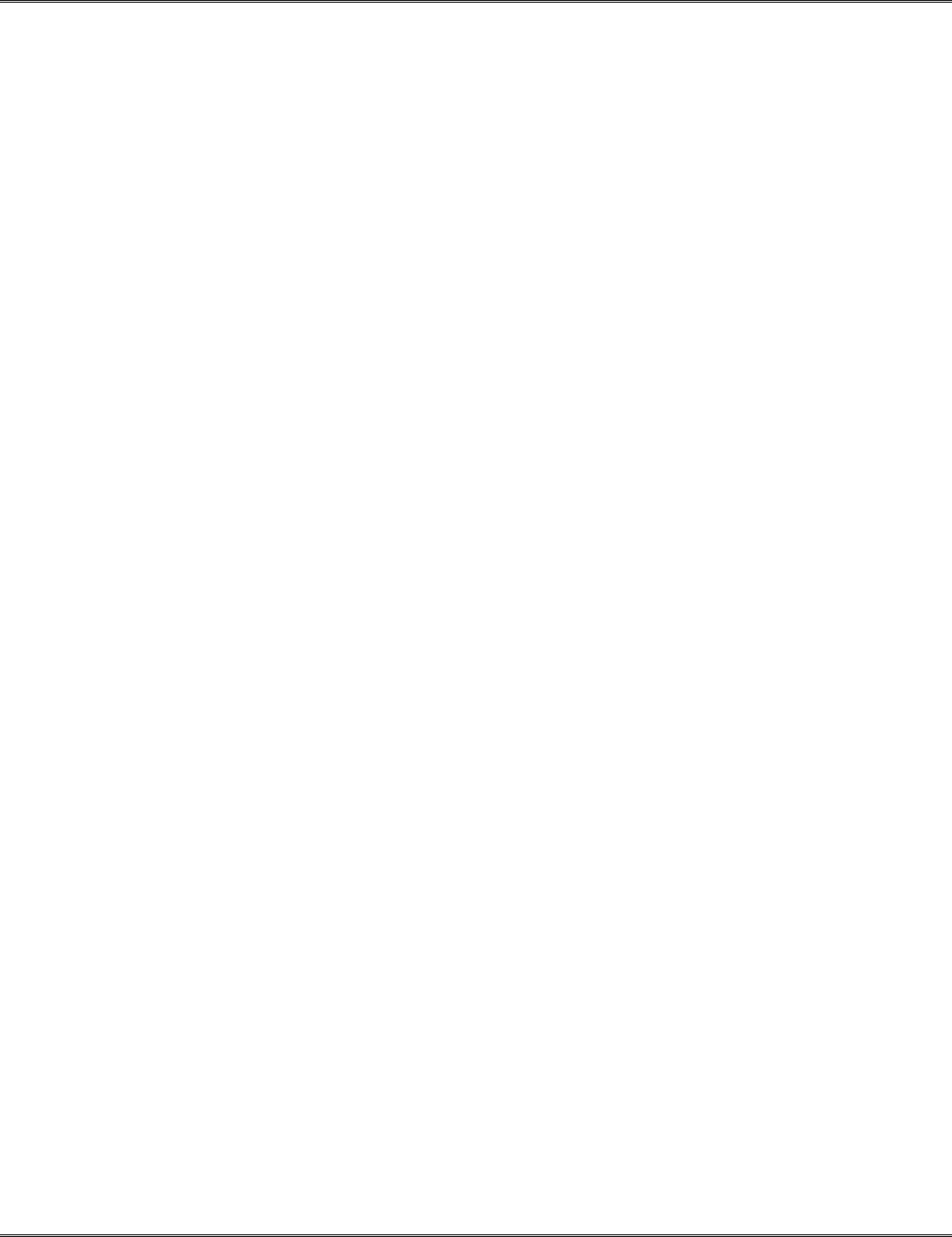
Child Welfare Certification Policy, Standards and Requirements
Effective Date: February 5, 2020 Page 12
(1) The Child Welfare Provisional credential expires one (1) year from the date a passing score was
earned on the certification exam. A provisional credential is not eligible for renewal or
reinstatement.
(2) The CWPI, CWCM, or CWLC credentials issued through the Upgrade to Full Certification process will
expire and must be renewed depending on the initial issue date.
1. CWPI, CWCM, and CWLC credentials issued in the months of November through July expire
for the first time the upcoming October 31
st
. Renewed credentials are valid for a period of
two (2) years.
2. CWPI, CWCM, and CWLC credentials issued in August, September and October expire for the
first time the following October 31
st
. Renewed credentials are valid for a period of two (2)
years.
(3) All other child welfare credentials expire on October 31
st
every other year. Renewed credentials are
valid for a period of two (2) years.
b. Point of Contact. The Point of Contact only participates in renewal activities at the direction of the
employer. Certified professionals must coordinate renewal responsibilities with their employer to ensure
timely renewal.
c. Fees and Timelines. The renewal fee is $200 for the first child welfare credential renewed and $100 for each
additional child welfare credential renewed. The FCB accepts and processes child welfare renewal payments
during August, September and October of each calendar year. Payments made during the “grace period” of
November will incur an additional $50 per credential renewed.
d. The FCB will not accept renewal payments in December or later. Credentials that are not renewed before
December 1 will be placed on inactive status. An inactive credential cannot be used until it is reinstated.
e. Renewal Application. A renewal is processed through the FCB online database as a “renewal application.”
Certified professionals who are individually responsible for paying renewal fees can access their renewal
application online from August through November. There is no action required for certified professionals
who are approved to renew through the employer payment pathway, which are manually processed by FCB
staff.
f. Award. Although the renewal application and payment can be processed anytime during August,
September, or October, the updated credential will not be issued until midnight on November 1 of the
renewal year. Credentials renewed during the grace period of November will be updated and issued the
same day.
12. Reinstatement.
A credential can be reinstated if it has been inactive for less than 36 months (3 calendar years). Reinstatement
requirements vary by credential and award path. Please contact the FCB for the Reinstatement Policy and
Application.
13. Continuing Education.
a. The FCB requires certified professionals to complete a minimum of 20 continuing education hours (CEs)
every 12-months.
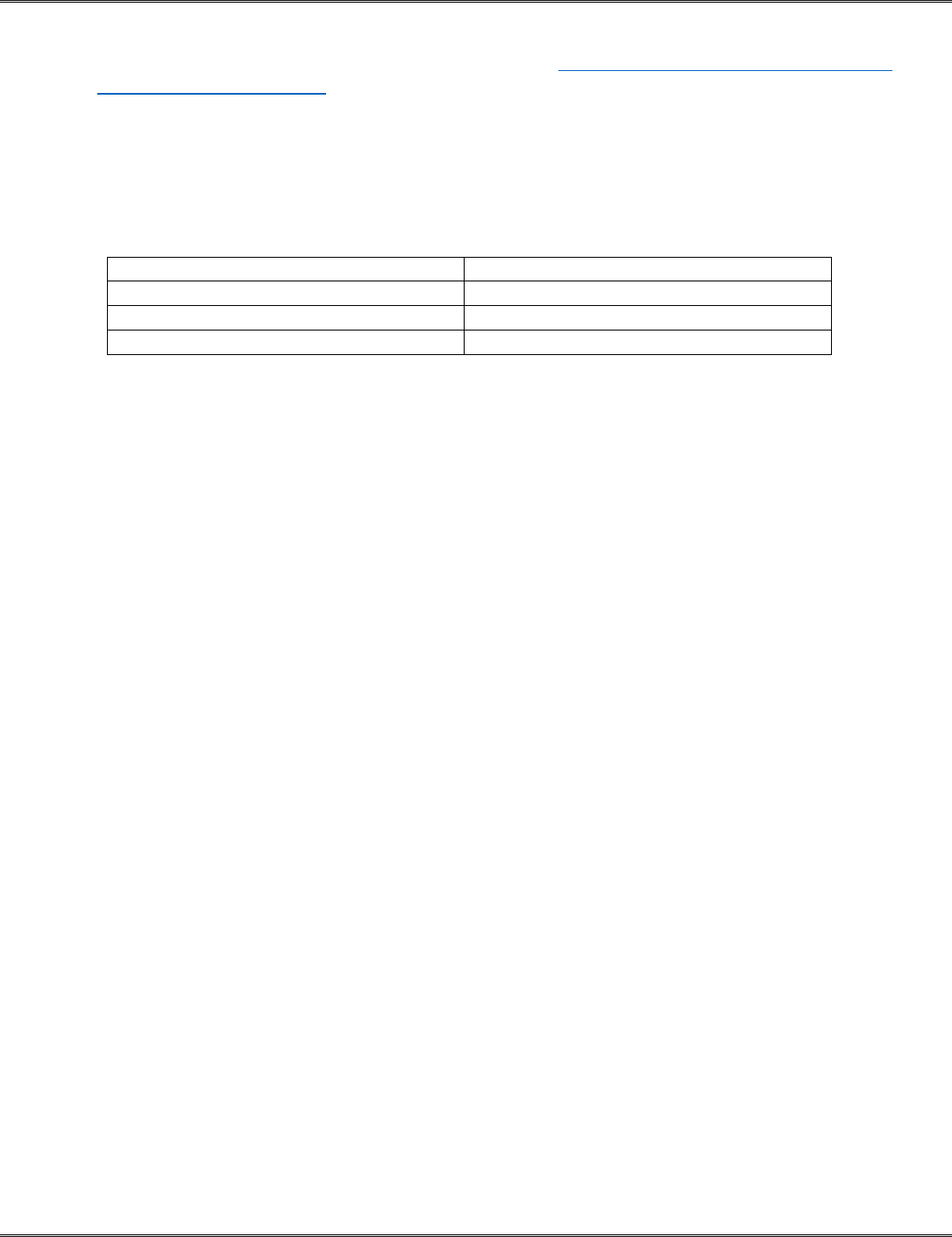
Child Welfare Certification Policy, Standards and Requirements
Effective Date: February 5, 2020 Page 13
b. CEs must be delivered by an FCB-approved education provider. Please see the Candidate Guide:
Maintenance and Renewal Process and the FCB website at
https://flcertificationboard.org/education-
training/fcb-online-trainings/ for information about valid CEs, CE documentation, and related policy.
c. The FCB does not mandate CE content. The FCB does require that CE content is directly related to the
provision of child welfare services and reflects core competency topics.
d. CEs are verified through random audit in December, after each renewal period closes. CEs are prorated
based on the number of months the credential has been held prior to the first renewal, as follows:
# Months Fully Certified
# CEs Due
Less than 12 months
0
12 – 23 months
20
24 – 48 months
40
14. Certification Revocation and the FCB Code of Ethical and Professional Conduct and Disciplinary Procedures.
a. 65-C33.011 (1) F.A.C. identifies the FCB as the party responsible for credential revocation. A credential is
subject to revocation for founded allegations of ethical or professional misconduct as defined in the FCB
Code of Ethical and Professional Conduct and Disciplinary Procedures.
b. The FCB Code of Ethical and Professional Conduct and Disciplinary Procedures is implemented through a
partnership between the FCB and its Child Welfare Advisory Council Ethics Committee members. Please see
the FCB Code of Ethical and Professional Conduct and Disciplinary Procedures for detailed information.
c. A credential will be revoked if an applicant, provisionally certified child welfare professional, or fully certified
child welfare professional is found to have falsified any part of a client record (whether in a hard copy or
digital format) contained in the Florida Safe Families Network (FSFN) or feeder database. Revocation of a
credential also will occur if the Florida Safe Families Network (FSFN) or any of its feeder databases is
accessed for a non-work related purpose.
d. Revocation is valid for a period of three (3) years. When the three-year period has expired, the individual
may petition the Board of Directors for approval to re-apply for certification, according to the policies and
procedures detailed in the FCB Code of Ethical and Professional Conduct and Disciplinary Procedures.
